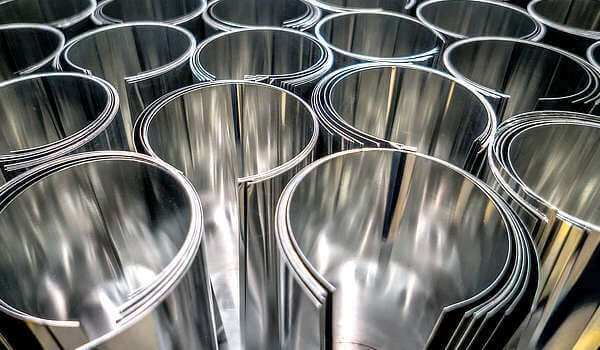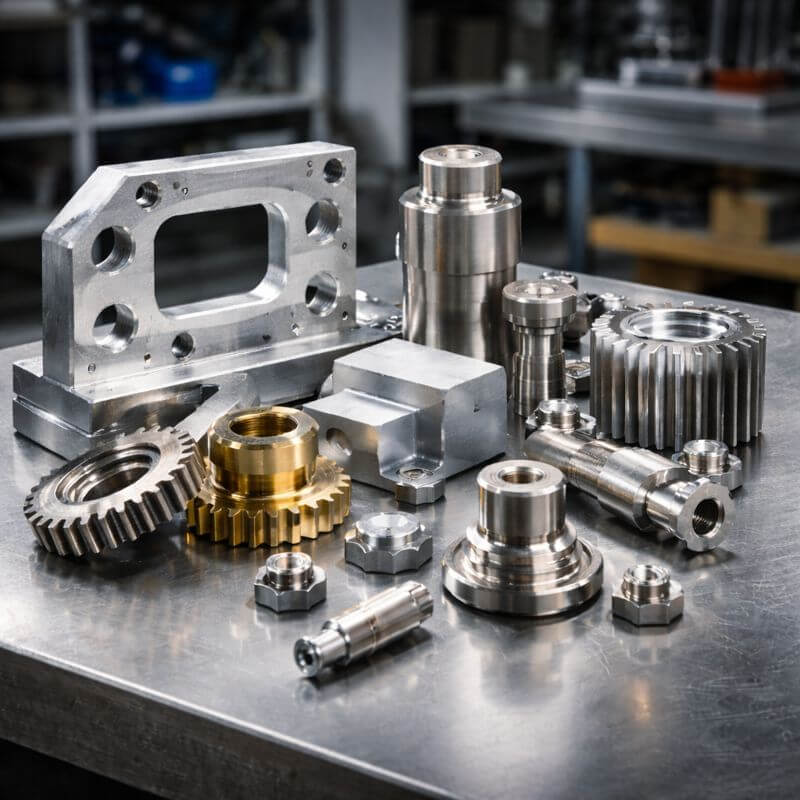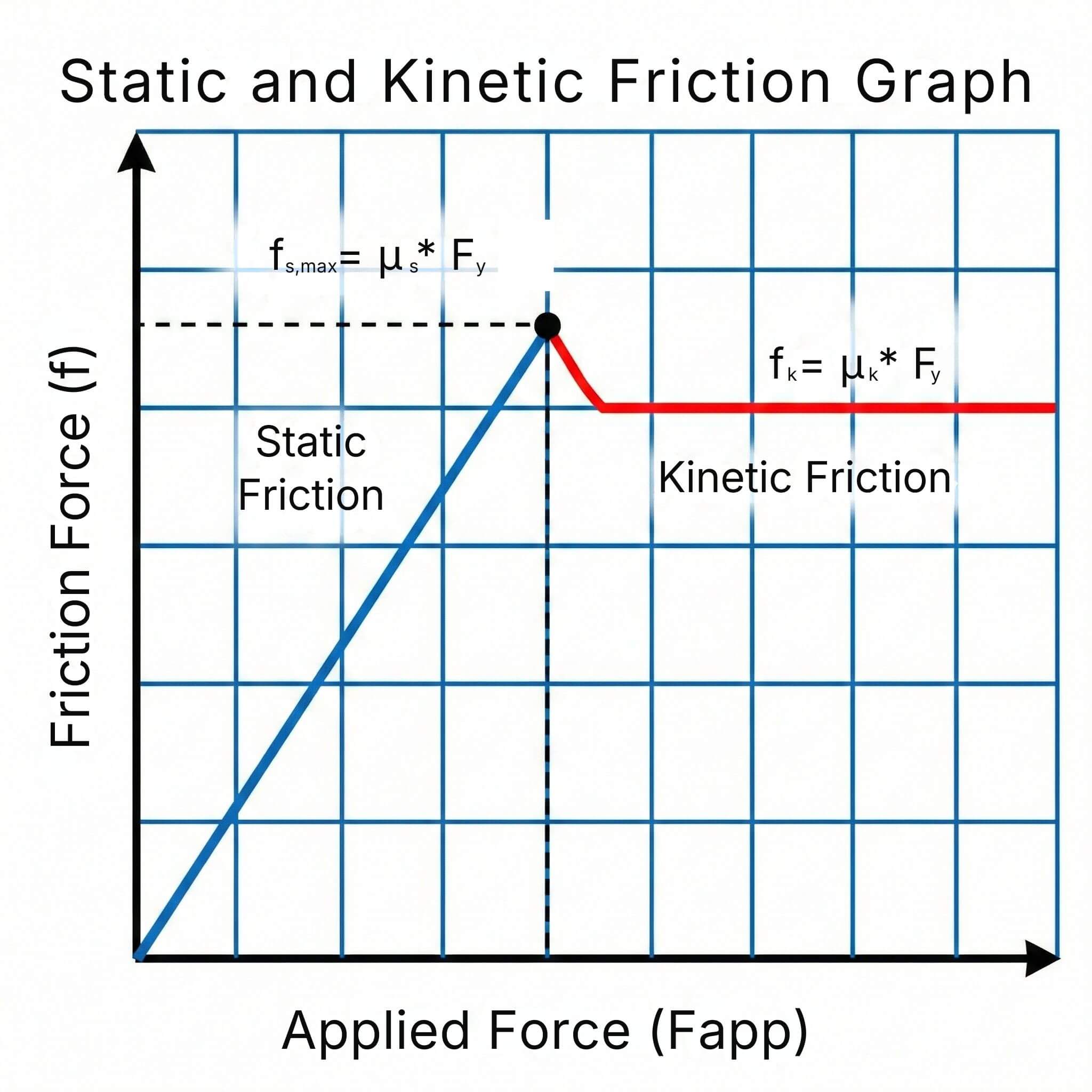4 min read
Uses of Metals: Types, Classifications and Applications
Metals are among the most important and widely used materials by humankind.From prehistory to Industry 4.0, they have supported technological...

Aluminum exists in different shapes and grades, where the grade depends on the intended use. The following are the factors to be considered when choosing an aluminum grade for use.
This factor relates to the mechanical deformation of aluminum parts into desired fashions. the workability of aluminum alloys from excellent to poor is as follows.
Excellent workability
Alloy 1100 and Alloy 3003;
Good workability
Alloy 2011, Alloy 2024, Alloy 5052, Alloy 6061 and Alloy 6063;
Poor workability
Alloy 7075.
Also known as joinability, it refers to the ability of aluminum to be welded depending on grades as follows.
Excellent weldability
Alloy 3003 and Alloy 1100;
Good weldability
Alloy 5052, Alloy 6061, Alloy 6063, Alloy 6082;
Poor weldability
Alloy 2021, Alloy 2024 and Alloy 7075.
Aluminum is more machinable than other metals due to its easy to shape chips as follows:
Excellent machinability
Alloy 2011;
Good machinability
Alloy 1100 (best in Hard temper), Alloy 3003, and Alloy 6061 (for T4 and T6);
Fair machinability
Alloy 2024 (best for annealed conditions), Alloy 5052 (best in Hard temper), Alloy 6063 and Alloy 7075 (best for annealed conditions).
Aluminum alloys rank as follows with regard to corrosion resistance.
Excellent corrosion resistance
Alloy 1100, Alloy 5052 and Alloy 6061;
Good corrosion resistance
Alloy 3003, Alloy 6063 and Alloy 6082;
Average corrosion resistance
Alloy 7075;
Poor corrosion resistance
Alloy 2011, and Alloy 2024.
Aluminum can either be heat-treated or fail to respond to heat treatment as indicated below.
Treated by heat
Alloy 2011, Alloy 2024, Alloy 6061, Alloy 6063, and Alloy 7075;
Fails to respond to heat treatment
Alloy 1100, Alloy 3003, and Alloy 5052.
Aluminum grades have different end-use applications as indicated below.
Alloy 1100- for general fabrication works.
Alloy 2011- general machining works.
Alloy 2024- aerospace functions and applications.
Alloy 3003- for general fabrication and in food and chemical appliances.
Alloy 5052- used in marine applications such as ships and general fabrication.
Alloy 6061- ideal for structural appliances and in general fabrication applications.
Alloy 6063- ideal for architectural appliances.
Alloy 7075- for aerospace appliances.
Aluminum alloy haves varying strength ranging from high, high to medium and medium strength as follows.
High mechanical strength
Alloy 2011, and Alloy 2024;
Medium to high strength
Alloy 5052, and Alloy 6061;
Medium strength
Alloy 6063;
Not for high strength uses
Alloy 1110.
Sources and further reading
Advantages and Properties of Aluminium. Ablcomponents.co.uk. Retrieved 29 May 2020, from http://www.ablcomponents.co.uk/aluminium/aluminium-properties.htm.
Nosko, Martin & Kováčik, Jaroslav. (2017). Sound Absorption Ability of Aluminium Foams. Metallic foams. 1. 15-41. 10.23977/metf.2017.11002.
The Cold Temperature Advantages of Custom Aluminum Extrusion | Silver City Aluminum. Scaluminum.com. Retrieved 29 May 2020, from http://scaluminum.com/2017/06/the-cold-temperature-advantages-of-custom-aluminum-extrusion/.
Why You Should Be Using Natural, Non-Toxic, Aluminum Free Deodorants!!. RD Alchemy. Retrieved 29 May 2020, from https://www.rdalchemy.com/blogs/news/69555331-why-you-should-be-using-natural-non-toxic-aluminum-free-deodorants.

4 min read
Metals are among the most important and widely used materials by humankind.From prehistory to Industry 4.0, they have supported technological...

2 min read
The coefficient of friction (μ) measures the resistance to sliding between two surfaces in contact. It is a key parameter in mechanical design...

3 min read
The CBAM regulation (Carbon Border Adjustment Mechanism) represents one of the key pillars of the European strategy for industrial decarbonisation...